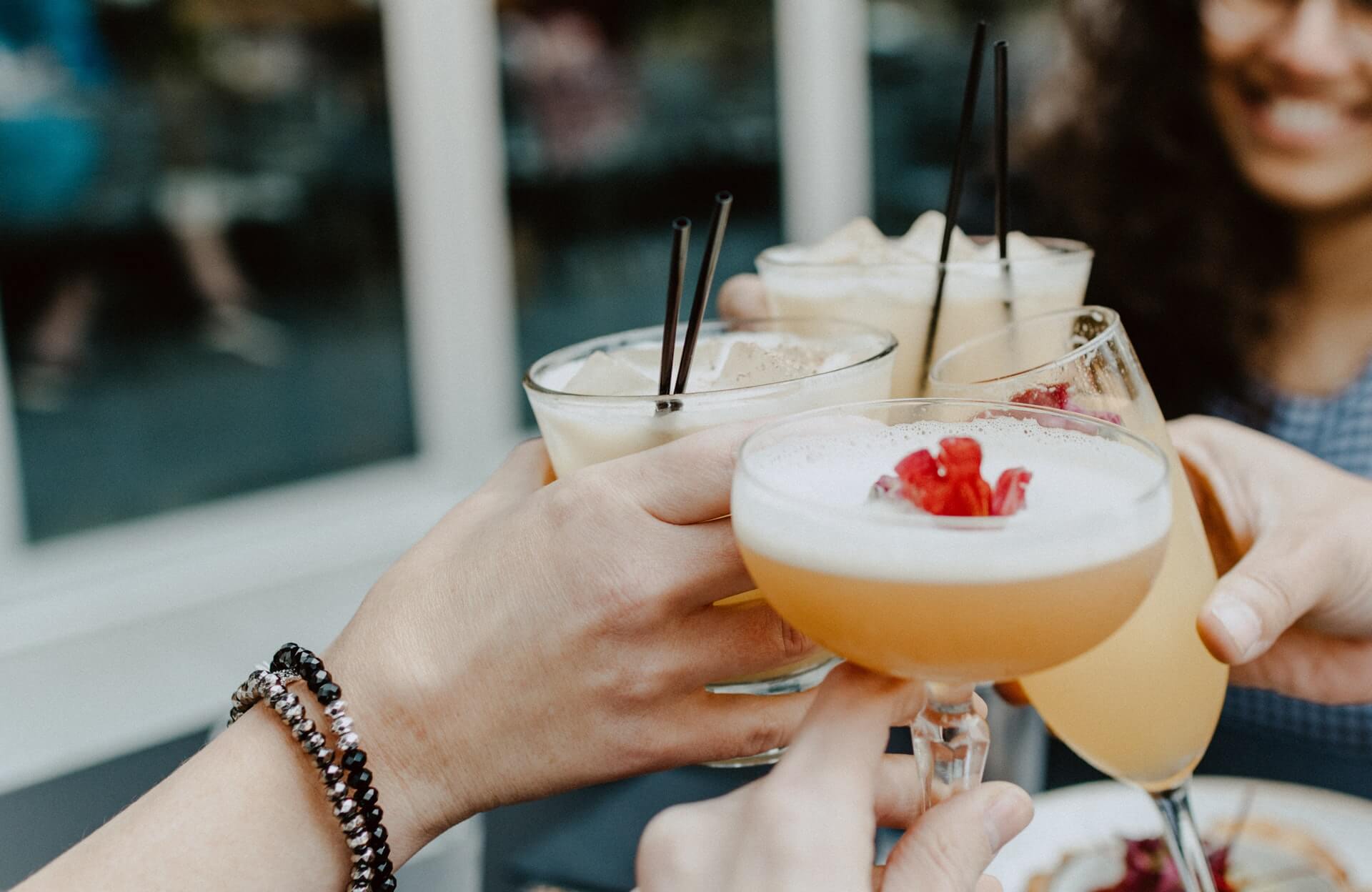Leadership Facepalm, Part Two
by David Klemt

In a stunning example of tone-deafness and callousness, a franchisee executive sent an email that led to severe consequences.
And no, I’m not talking about the termination of the offending exec. That, in my opinion, was well deserved.
In this instance, the email has led to mass resignations and damage to a global restaurant chain’s reputation. What’s more, the negative impact to the brand’s reputation comes from consumers and employees.
Of course, I’m talking about the now-infamous Applebee’s “gas prices” email.
The Email: Labor
Let’s just jump right into the email, because…wow.
“Most of our employee base and potential employee base lives paycheck to paycheck,” writes the executive. “Any increase gas prices cuts into their disposable income.”
This could have been an excellent example of awareness and perhaps even empathy. In the context of this email, it’s appalling.
Why? Mainly because this executive appears to be celebrating the fact that Applebee’s employees, at least those who work for this franchisee, are barely earning a living wage.
“As inflation continues to climb and gas prices continue to go up, that means more hours employees will need to work to maintain their current level of living,” continues the author.
In this exec’s view, this franchisee is “no longer competing with the government when it comes to hiring.” He cites stimulus payments and boosted unemployment support have run out. Therefore, he reasons that people will be forced to return to the workforce.
The author further points to competitors increasing wages to recruit and retain employees. This, he figures, is untenable and some will have to close their doors. So, the labor pool will fill up and this franchisee will benefit.
The Email: Wages
Some of what I’ve laid out above is accurate. According to some estimates, about two-thirds of Americans live paycheck to paycheck.
Additionally, it’s accurate to state that some employees will seek more hours to combat the effects of rising costs. Further, yes, the labor market is turbulent and challenging.
And, unfortunately, some independent operators are facing incredibly difficult decisions. To recruit and retain, they’ll need to be competitive and raise their wages. To pay for that, they’ll need to raise prices, passing on rising costs to customers. In some instances, for some operators, that will prove unsustainable.
However, an executive in this industry shouldn’t be delighted about any of this. And they certainly shouldn’t see it as an opportunity to potentially pay employees even less.
You see, the author of this email suggests that the franchisee can bring in new workers “at a lower wage to decrease our labor (when able).”
He then recommends monitoring employee morale to ensure that the Applebee’s operated by this franchisee is their “employer of choice.”
For me, however, the most eyeroll-inducing line is this: “Most importantly, have the culture and environment that will attract people.”
Images of printouts of the email reveal that at least a handful of recipients agreed. “Great message Sir! [sic]” reads one response. Another paints the email as “Words of wisdom.”
Clearly, the culture and environment are unhealthy.
The Consequences
Before I proceed, know this: I’m not going to name the author. It’s not remotely difficult to find the author’s name if you feel the need.
However, I will name the franchisee that finally fired him. American Franchise Capital reportedly owns more than 120 Applebee’s and Taco Bell locations in nine states.
So, to be clear, this executive didn’t work for Applebee’s directly. In fact, Applebee’s has disavowed the former executive and the email.
In the interest of clarity, it’s possible the author worked for Apple Central LLC, owned by American Franchise Capital.
As far as fallout, it was swift. According to reports, consequences were realized immediately. A Kansas franchise manager was shown the emails, printed them out for staff to discover, and comped the meals of everyone at the location. Then, he quit and the staff walked out.
Per reporting, four other Applebee’s managers quit, as did several employees. The location remained closed for at least the following day.
If reports are accurate, Applebee’s lost five managers, nearly a dozen employees, and sales from a location for at least two days. That’s just the localized fallout.
Applebee’s, of course, is distancing the company from the former executive. However, that’s not going to stanch the reputational bleeding and turnover.
As we know, a significant percentage of consumers want to know their dollars and support are going to companies that align with their values. The same is true of employees; they want to work for companies with values they can get behind.
A Final Thought
This now-infamous email was sent March 9. Just two weeks later, it was circulated and went viral. The author, gleeful about being able to hire employees “at a lower wage,” was fired before the end of March.
I’ve seen several takes on this situation, and I’ve read some accompanying leadership advice. One in particular caught my attention.
Unfortunately, it’s not because I thought it was great advice: Be cautious about what you send via blast emails.
I’m not saying one shouldn’t be careful about what they send out in emails—that’s good advice. However, that’s not the lesson I’ve learned from this situation.
Personally, I see this as a lesson in emotional intelligence, relationship intelligence, brand culture, and work environment.
At least two companies, one with annual sales in the billions of dollars, another in the hundreds of millions, have had their reputations tarnished. The fault may not lie with Applebee’s but they’ll be dealing with the consequences regardless.
If an operator is going to learn anything about being cautious, it’s this: Be cautious when hiring those in leadership positions. Be cautious about those with whom you enter into partnerships. And be careful about how you view those who work for you.
If you aren’t seeing those who choose to work for you as people worthy of your respect, as human beings, your brand’s culture is poisoned.
Image: Daria Nepriakhina on Unsplash






